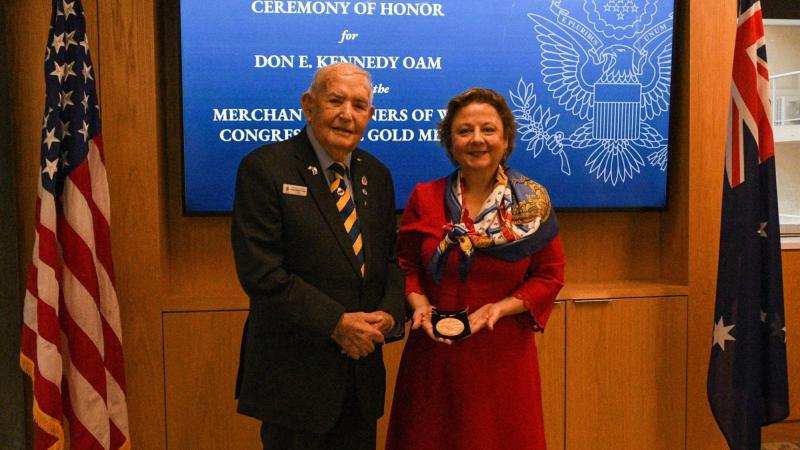Some scientific discoveries have the power to prevent years of pain and suffering. Professor Caroline Gargett and her team are within reach of making that dream a reality, helping millions of women with endometriosis.

Through their research, it’s possible that a debilitating disease, endometriosis, affecting one in nine women of reproductive age will be easier and, most importantly, faster to diagnose, meaning better treatments sooner.
At present the average time between symptom onset and diagnosis is seven to 10 years and the only way to confirm the presence of the disease is through invasive surgery, so anything which reduces that time and makes diagnosis easier is a game-changer.
In a study published in Reproductive Biomedicine Online, Prof Gargett’s team was the first to show the role of endometrial stem/progenitor cells in the disease – establishing that they can escape through the fallopian tubes from the uterus into the surrounding pelvic cavity, where they have the potential to survive and grow into painful lesions.
Nicole’s endometriosis story
Nicole Fernley (pictured above) experienced excruciating pain from her first period as a 13-year-old. She was told this was normal. She sought help from numerous doctors and underwent many tests. It took 20 years for her diagnosis.
“All 13-year-olds should be taken seriously when they have period health concerns. Severe period pain is not normal. One in nine women have endometriosis – this common disease should not take 20 years of suffering to diagnose. Research to help patients is an urgent health priority,” says Nicole.
Global impact
This is research with global impact, so it’s fitting that Prof Gargett was recently recognised by the Endometriosis Foundation of America (EndoFound), which named her among the inaugural members of its Scientific Advisory Board. She is also on the International Scientific Committee of the Fondation Pour la Recherche sur l’Endométriose in France.
“Working with Dr Caitlin Filby and Katherine Wyatt, we found that the stem/progenitor cells and proteins in menstrual fluid are relatively constant between periods for any given woman,” Prof Gargett says.
This study, published in Human Reproduction, June 2021, showed there’s potential for menstrual fluid to be used to diagnose endometriosis.
Dr Filby believes a menstrual fluid endometriosis test could be one of the biggest changes ever seen in treatment of this disease. “This could dramatically change the diagnostic pathway for young women,” she says.
“We would love to be able to offer women a simple and painless menstrual fluid test to confirm their suspicions of endometriosis.”
Tailored endometriosis treatment
Their endometriosis latest findings, published in the Journal of Personalized Medicine, further expand the potential of menstrual fluid to be used for a range of treatment purposes. Dr Filby generated organoids, miniature endometrial organs, from menstrual fluid, which can be obtained non-invasively. In the future, menstrual fluid organoids may allow us to determine a treatment pathway tailored to each woman’s specific symptoms, without the need for surgery.
That would make a huge difference in times like these, when the pressures COVID-19 has put on the medical system have made it much harder for women needing endometriosis surgery.
Prof Gargett says: “The surgeries women with endometriosis undergo are regarded as the lowest priority elective surgeries, so many women already waiting years for diagnosis and treatment prior to the pandemic, have continued to suffer in pain with little alternative to surgery.
“We would like to develop the first non-invasive test for endometriosis, reducing the time to diagnosis from 10 years to less than a year,” said Professor Caroline Gargett
“Menstrual fluid donation provides an opportunity for women to contribute to important endometriosis research while surgeries are impacted by the pandemic,” said Dr Filby.
“Our research also aims to determine how a woman’s genetics may affect the function of endometrial epithelial progenitor cells, specifically how endometriosis risk genes affect their function.”
Collaborators | Epworth HealthCare; Monash Health; The University of Queensland
Funders | Australian and New Zealand College of Obstetricians and Gynaecologists; National Health and Medical Research Council (NHMRC); EndoFound (USA)









